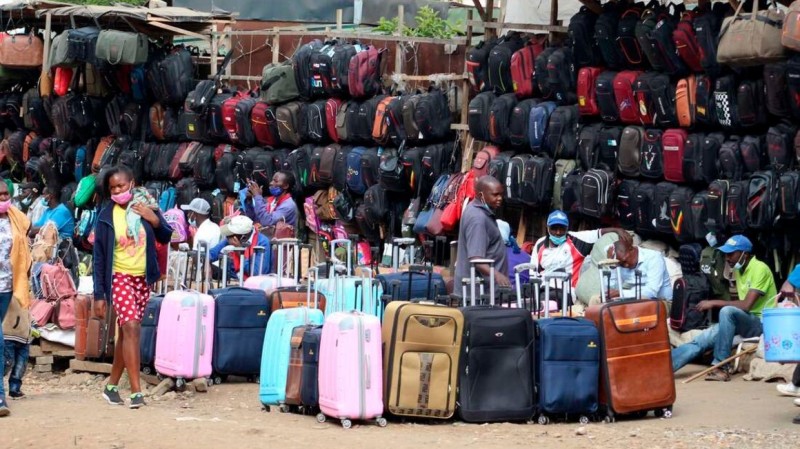
More than a quarter of employees in the small and medium enterprises (SMEs) are working without pay amid the recovery of business from the Covid-19 economic fallout.
Central Bank of Kenya (CBK) data shows that 27 percent of employees in the SME sector were working without pay in March, from nine percent a year earlier when the country reported the first case of the virus, leading to restrictions that hurt businesses.
The increase in those on unpaid employment highlights the fall in the quality of jobs as businesses struggle to recover from the fallout, occasioned by depressed sales.
Kenya in March banned social gatherings, suspended movement into four counties including Nairobi and Mombasa and enforced a dusk-to-dawn curfew that saw businesses reduce operating hours and post a decline in sales.
“A larger share of employment was unpaid, indicating a reduction in the quality of jobs,” CBK says in the survey that covered 1,610 respondents across 47 counties.
The share of employees working without pay was nine percent in February last year but nearly doubled to 16 percent between April and July — the peak period for the Covid-19 restrictions.
The start of the Covid-19 containment measures such as a nighttime curfew first imposed on March 25, saw businesses reduce operating hours, a move that exacerbated the drop in sales which were flagging even before the pandemic struck.
Businesses effected salary cuts and sent employees on unpaid leave while others closed down, highlighting the impact of the restrictions on Kenya’s single biggest employer.
The jump in the number of those on unpaid jobs comes even as 30 percent of the businesses said their revenues have recovered to the pre-Covid levels as sales pick up.
The State lifted the movement ban and shortened the curfew hours in a bid to reopen the economy from last July.
The phased reopening was expected to spur the economy due to increased demand for goods and services but nearly half of the small businesses are still grappling with sales that are below half of the pre-Covid sales.
The data shows that 45 percent of the small businesses said their revenues were less than half of the pre-Covid sales, highlighting the suppressed demand for goods and services.
The subdued business environment has forced businesses to turn to families and friends for cash to run operations and pay staff salaries at the peak of the pandemic’s economic woes last year.
The Central Bank says 54 percent of the businesses got cash from their families and friends, and 19 percent turned to saccos as banks remain cautious on lending to SMEs due to the increased risk.
The SMEs have been hardest hit by the economic knocks and uncertainty of the pandemic, which has reduced their cash flows and ability to get loans from commercial banks.
Source: https://www.businessdailyafrica.com/bd/economy/quarter-of-sme-staff-work-for-free-says-cbk-3452998

